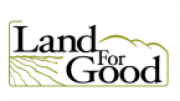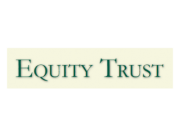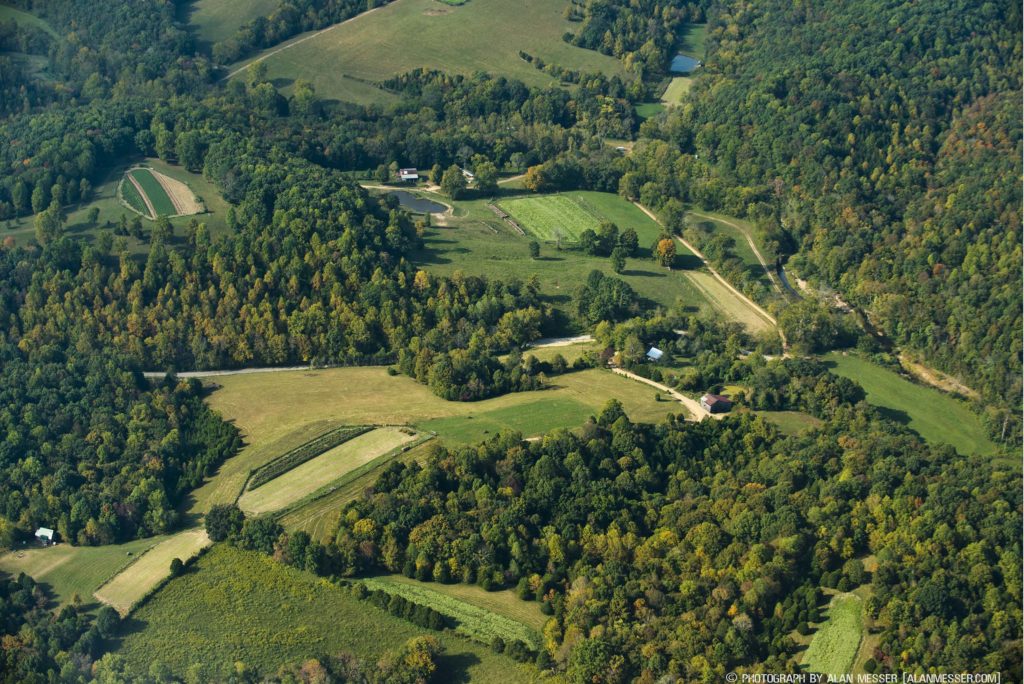
Learning

Agrarian Commons in ten US states have developed systems and processes for outreach, engagement, and fundraising to grow local community and national networks in support of farm transition projects. Many of these farm projects, which are manifesting across the continental US, have rich stories and interconnections to land, human, and community justice. Members of the Commons Alliance will have the opportunity to engage in dialogue with farmers and board members of the Agrarian Commons and share stories across regions and organizations.
As a knowledge commons, the Commons Alliance creates and shares resources which include the toolkits, guides and resources below:
The Agrarian Commons Toolkit:
Guide to Creating an Agrarian Commons
The Center for Agriculture & Food Systems (CAFS) created the following legal guide for anyone interested in establishing an Agrarian Commons. The guide outlines bylaws, land stewardship standards, equitable lease-building, and more.
Bite-Sized Legal Guides from Sustainable Economies Law Center
Have a legal question but not quite ready to read a full legal guide? These Bite-Sized Legal Guides from SELC are a great place to start. Guides are available on Cooperatives, Entity Formation, Food and Farming, Intellectual Property, Capital, Investing Locally, and much more!
FaithLands Toolkit
The FaithLands Toolkit supports partnerships between farmers, faith communities, and food systems in celebration of our interconnectedness to one another and our common home.
Guidebooks and Reports
Agrarian Trust shares in-depth research, findings and reports by independent entities such as Patagonia, the Young Farmer’s Coalition, American Farmland Trust and the Environmental Defense Fund. These guidebooks and reports offer a thorough investigation into our current food system and how it needs to change based on evidence-based findings.
Community Land Trust Directory from the Schumacher Center
A comprehensive list of Community Land Trusts in North America based on evidence-based findings. The following community land trusts are regionally-based, open-membership, non-profit organizations that acquire land, hold it in trust, and then lease it for housing and other productive purposes such as farming, community appropriate manufacturing, locally-owned retail and office space. Lessees own the buildings and other improvements on the land, but the land itself is held by the CLT. Resale restrictions on property ensure buildings remain permanently affordable. CLTs govern on behalf of both the leaseholders and the broader regional community through an elected, tripartite board of trustees.
Publications
Here are some publications we’ve found most helpful for new economy farmers, cooperatives, and land equity and reparations organizations:
FROM SUSTAINABLE ECONOMIES LAW CENTER
FROM FARM COMMONS
FROM LAND FOR GOOD
FROM EQUITY TRUST
FROM EQUITY TRUST
Grassroots Financing Guide for California Farmers
Living Commons Models

The Commons Alliance works with and supports a number of communities and organizations, and the following land trusts are now working to create their own community-centered farmland commons:






